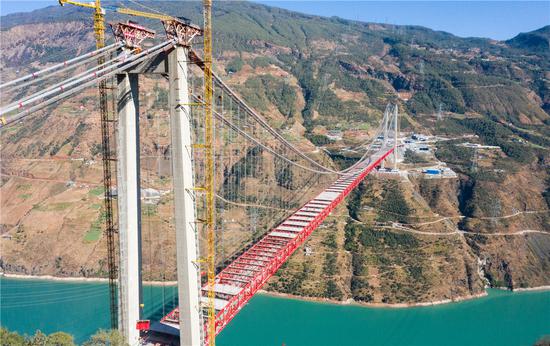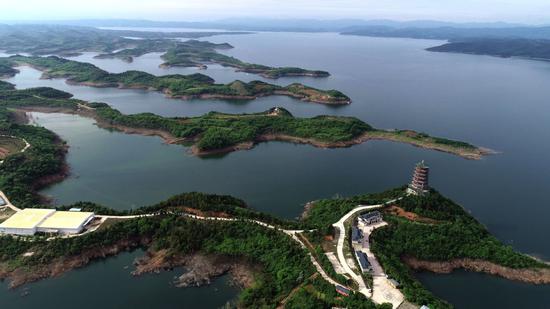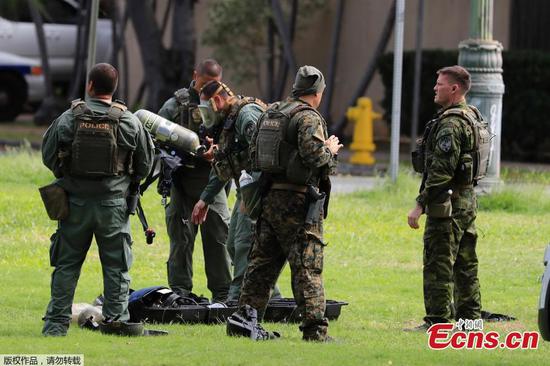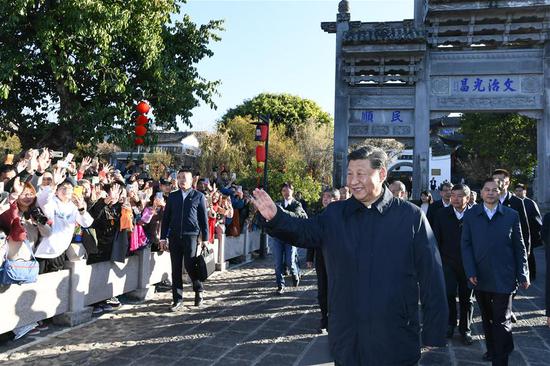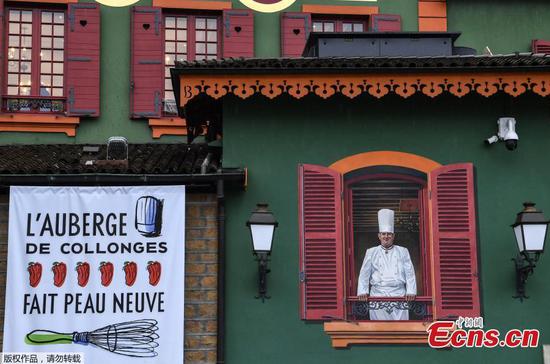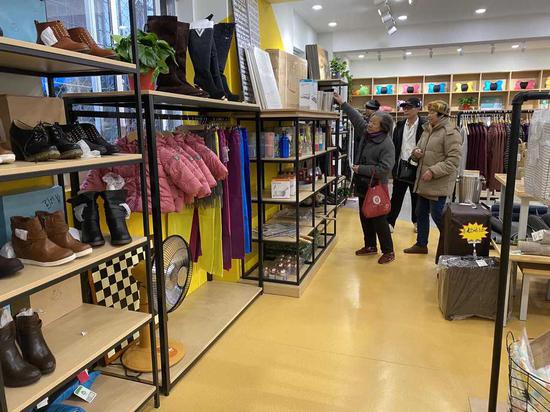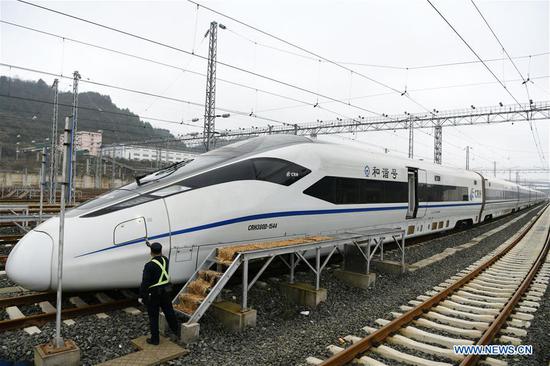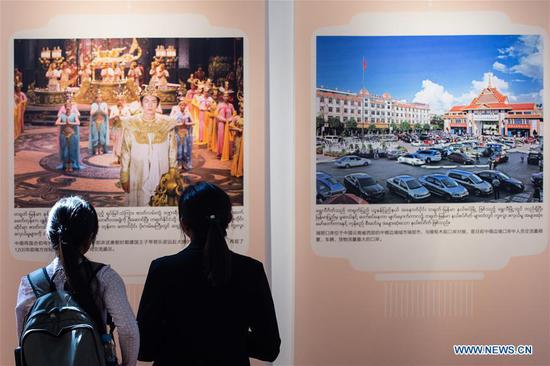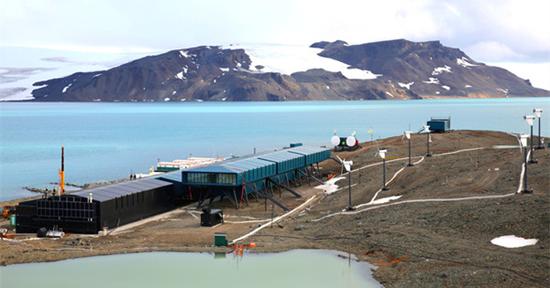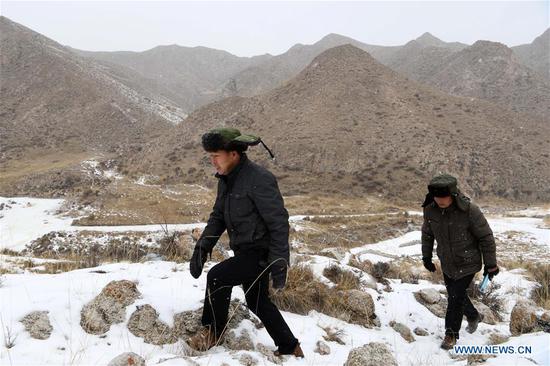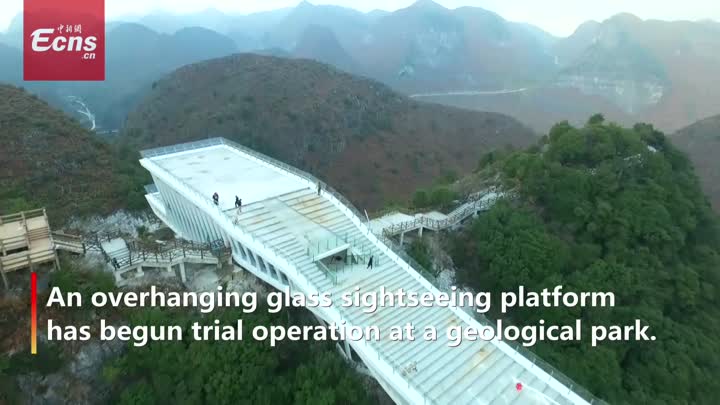
Bao said the government should quickly design taxation policies regarding to offshore commercial activities, which are lacking in the country's current system.
"Booming offshore businesses is key to a successful free trade zone with free flow of commodities and capital, and therefore the government should put the study of related taxation guidelines on top of their agenda," he said.
Building more social facilities such as housing, hospitals and schools is also a key issue to be addressed, many advisors said, adding those are the prerequisites to attract talents to work and live in the Lingang New City (comprising the new FTZ area), which is about 70 kilometer from the city center — just a little more than the distance between Shanghai downtown to the industrial park of Suzhou in the neighboring Jiangsu province.
Chen Yongliang, deputy to the municipal people's congress and chairman of the board of Gold Bund Group, said he noticed the tide of commuters from downtown to Lingang has brought heavy burden to the city's traffic system.
"It's a tough life for the tens of thousands people working in Lingang while living in downtown," he said. "We should build more talent apartments, affordable housing, and long-term rentals, as well as allocate more medical and education resources to Lingang to help people settle down there."
Located in the southeastern coast of the city, Lingang's population is expected to increase to 650,000 in the next 15 years, according to the master plan of Shanghai's urban planning 2017-35.
Since its establishment, the area has seen registration of more than 4,000 enterprises and signing of 168 key projects, the most famous being Tesla's first gigafactory outside the United States that delivered the first vehicle in December.










